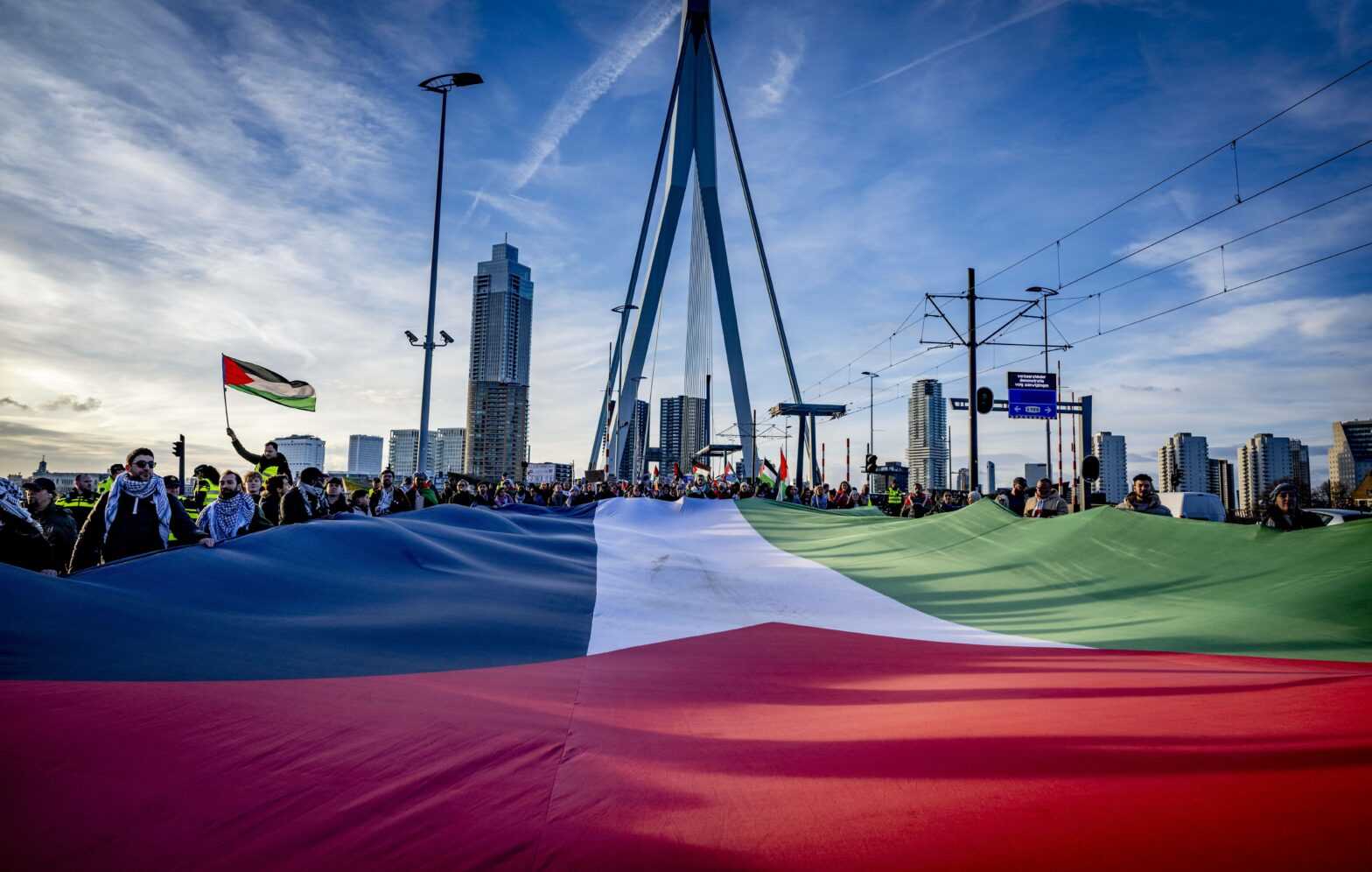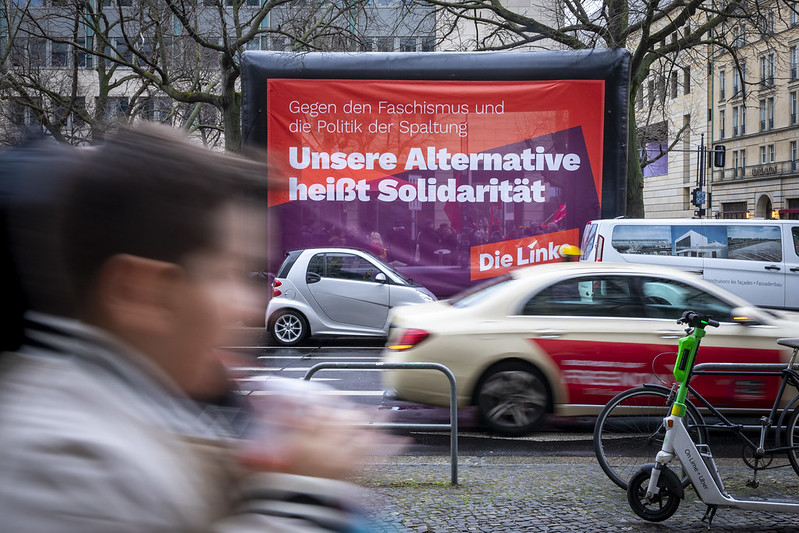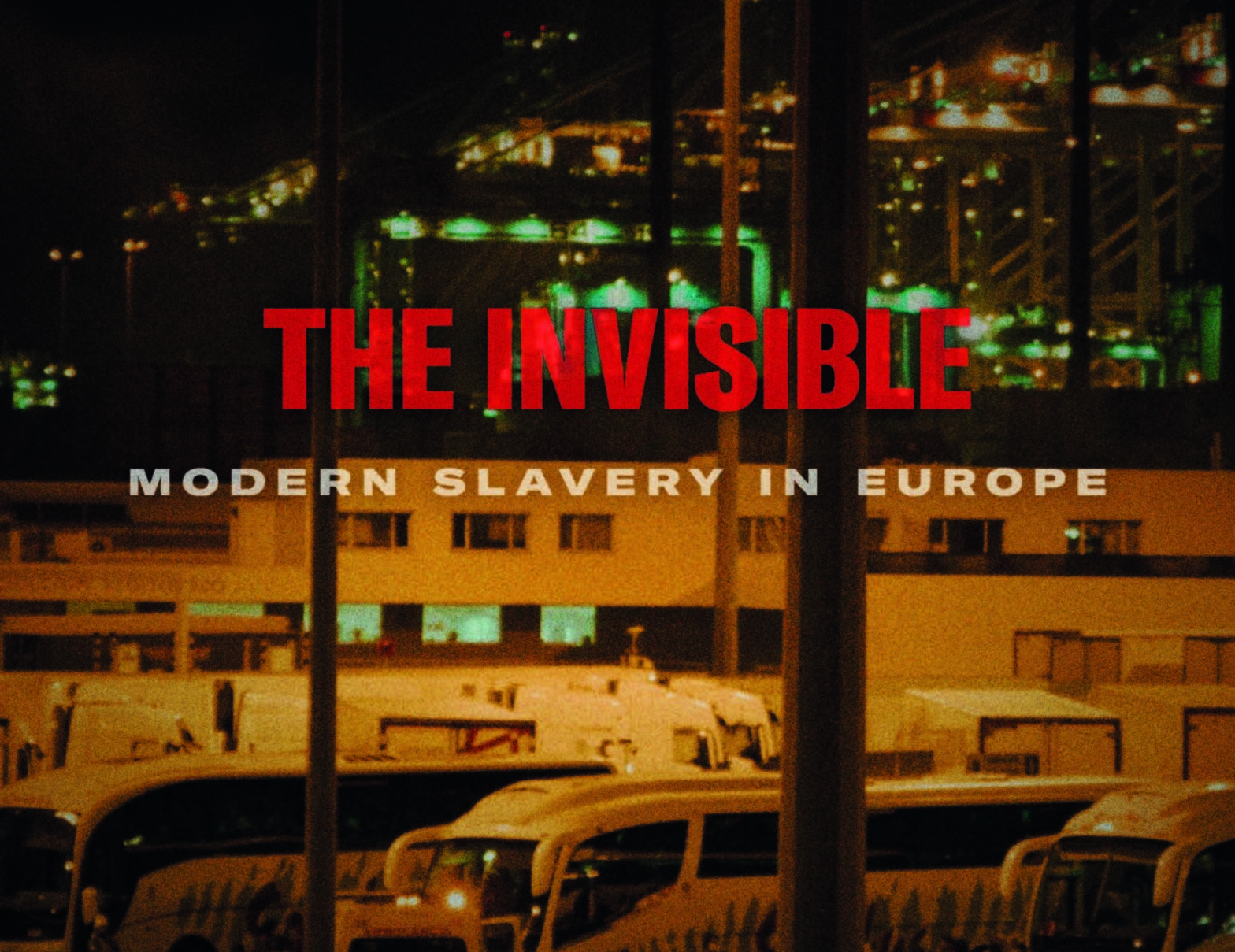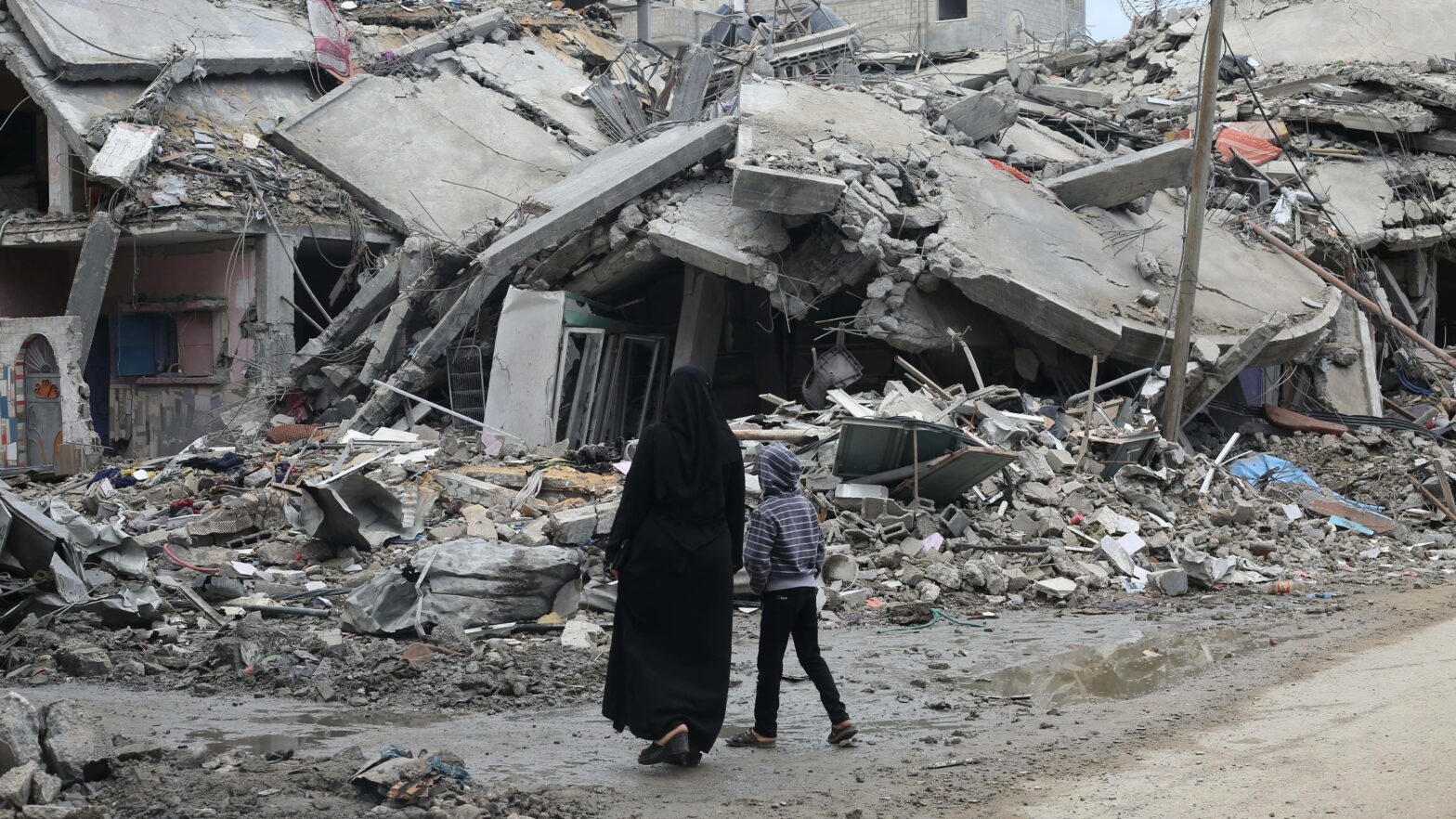Share Twitter Facebook Email Copy URL
Omicron. It was with science and conscience that Johannesburg immediately shared the genome sequence of the variant. A gesture of epidemiological responsibility, but also of rare political coherence. It is a pity that Europe, together with Switzerland and the USA, responded to the South African transparency by immediately blocking all flights.
There is a mocking symbolic significance in the ability of the coronavirus to produce new states of exception after two years. This time it was the turn of the 12th Interministerial Conference (CM12) of the World Trade Organisation (WTO), which was hurriedly suspended because of the Omicron B.11.529 variant identified in South Africa in recent days.
On the eve of the interministerial meeting, one of the steps destined to mark the very future of the WTO, the pathogen blocked everything, postponing the meeting until a later date. In this tug-of-war between nature and human affairs, there is a great pedagogy. Nature always comes out on top because it is stronger.
But humans have not yet internalised this evidence. Omicron is a name we will have to learn to deal with. The variant carries ‘an unusual constellation of mutations’, the South African health ministry said: more than 30 in the spike protein, says Prof Tulio de Oliveira, director of the Centre for Epidemic Response and Innovation.
The discovery is the result of excellent research and genome sequencing work done on 22 positive cases in the country, in collaboration with the National Institute of Infectious Diseases and some private laboratories. It is a variant that is very different from previous ones, according to De Oliveira.
“The mutation profile predicts a significant ability to evade vaccine immunity, and to increase transmissibility.” In South Africa, they immediately set to work to understand the implications. Several people tested positive on the flight from Johannesburg to Amsterdam. Cases have been found in Belgium and Israel. The virus finds comfort in the insipidity of the vaccine apartheid that marks this time. South Africa is one of the few African countries with a health care system, albeit one that is flanked by the rather aggressive role of private industry. It has significant scientific capacity, developed in the wake of parallel epidemics that have plagued the country for decades, the HIV/Aids virus and tuberculosis, which manifests itself here with the most stubborn forms of resistance to existing therapies.
But the country has come a long way since 35% of the population was HIV positive 20 years ago. The South African HIV/Aids story – with such rough passages as the 39 pharmaceutical companies’ legal action against Nelson Mandela’s Medicines Act – has turned the old institutional and hierarchical health narrative on its head. It politicised it on a global level, giving HIV/Aids patients a leading role: their activism to demand access to treatment exposed the inhuman power of WTO trade agreements, starting with patent monopolies. Since then South Africa has established itself on the international stage with a vision of healthcare that has made it one of the champions of the right to health.
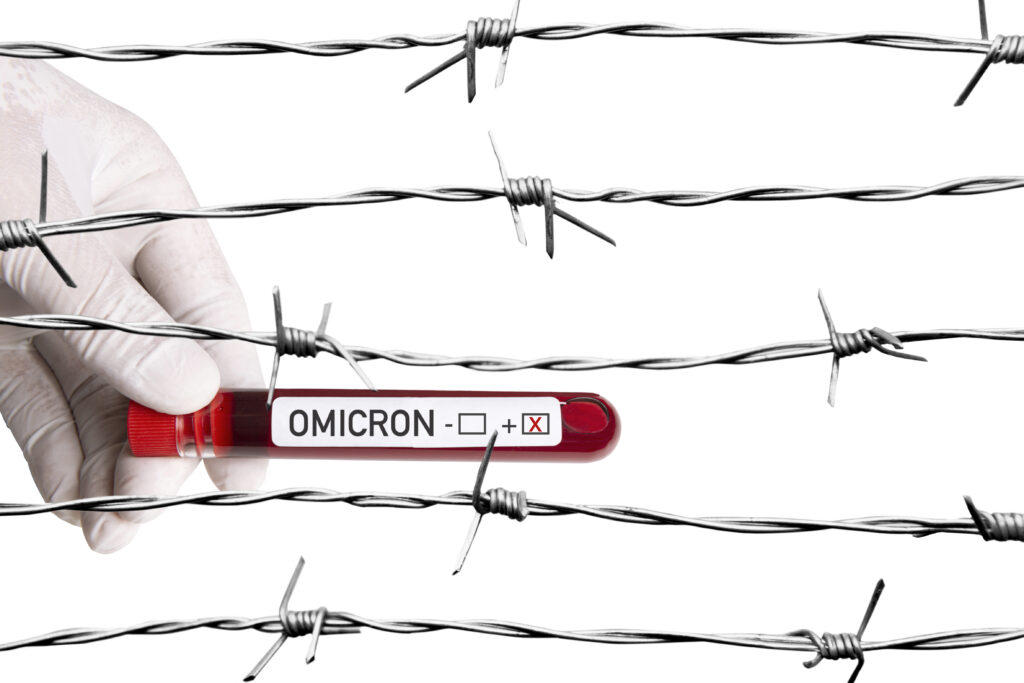
It was with science and conscience that Johannesburg immediately shared the genome sequence of the Omicron variant. A gesture of epidemiological responsibility, but also of rare political coherence.
South Africa, as we should remember, is the country that, together with India, proposed to the WTO, in October 2020, the application of a clause in international trade law that provides for the suspension of intellectual property monopolies (IP Waiver): the request, which now enjoys widespread international consensus, aims to promote access to knowledge in the medical field and the use of science, often developed with public funds, to expand and strengthen production capacity in the pharmaceutical field, in order to cope with the pandemic. Not only for vaccines. This is one of the hottest dossiers in the current trade negotiations, along with climate and WTO reform.
South Africa is also one of the few countries in the global south that has enthusiastically welcomed European Council President Charles Michel’s proposal to start negotiating a pandemic treaty within the World Health Organisation (WHO). A proposal surprisingly backed by the pharmaceutical industry and Bill Gates. Thanks to European pressure, a special session of the World Health Assembly begins next Monday. The pandemic treaty for preparedness and response to future pandemics is holding sway in international health fora in Geneva, not without controversy. For a number of governments in the global south it is untimely – many are busy fighting infection with few resources and no vaccines – and for others it is a distraction from the European Commission’s stubborn blockade of the WTO moratorium on intellectual property.
This opinion is shared by authoritative analysts on the subject. After all, Europe has always opposed binding health regimes within the WHO. The driving idea behind this treaty is a commitment to rapid information sharing on pathogens, more cooperation on surveillance, and stronger health security regimes.
Exactly what Johannesburg has done. It is a pity that Europe, together with Switzerland and the USA, responded to the South African transparency by immediately blocking all flights. This is a worrying sign of the not-so-imperceptible colonialist vein that underlies the efforts to build the immuno-politics of the West, after Covid-19. Health security, as we know, must be put in place to defend against the poor.
from Il Manifesto, 28 November 2021 Nicoletta Dentico is a journalist and a senior policy analyst in global health and development. After directing Médecins Sans Frontières (MSF) in Italy, she played an active role in the MSF campaign on Access to Essential Medicines. She worked as consultant of the World Health Organization and she currently leads the global health programme for the Society for International Development (SID).
